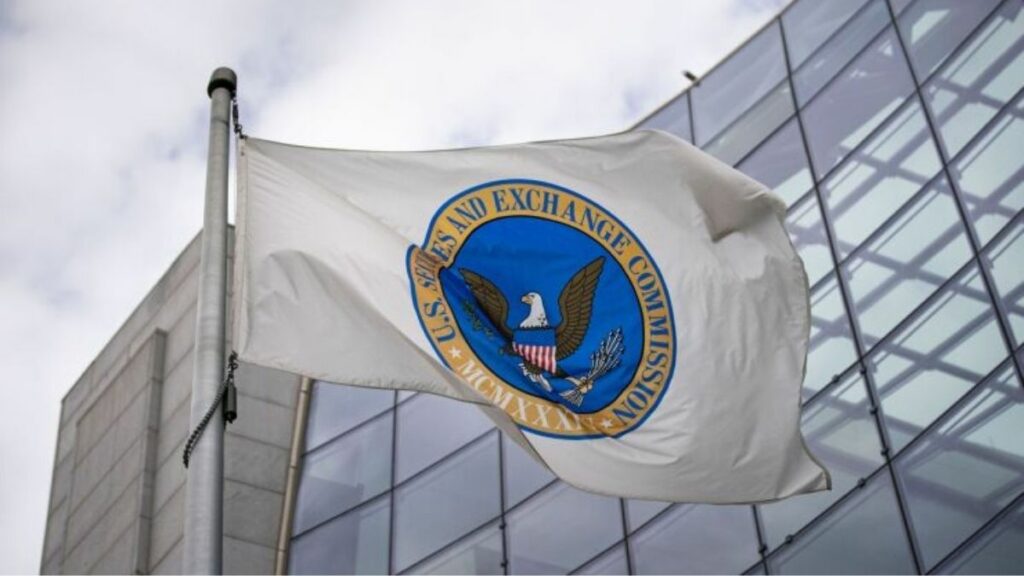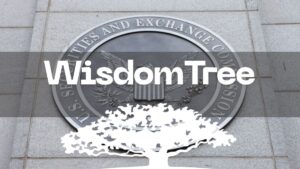The United States Securities and Exchange Commission continues to set its sights on the world of cryptocurrencies and blockchain technology as it reveals its examination priorities for the fiscal year 2024.
The regulator is keeping a close eye on the rapid growth of various investments, particularly crypto assets and related offerings, according to the SEC’s Division of Examinations’ October 16 report, which is responsible for ensuring the smooth operation of markets.
Today, the Division of Examinations released its FY24 exam priorities, aligning them with the start of the fiscal year to better inform investors and registrants of the key risks, trends and examination topics and priorities for the year.
— U.S. Securities and Exchange Commission (@SECGov) October 16, 2023
Broker-Dealers and Advisers Under the Lens
The agency will focus on broker-dealers and advisers introducing new products and innovative practices, including those utilizing technology like mobile applications and online solutions designed to meet compliance and marketing needs.
These examinations will also scrutinize transfer agents catering to specific categories of issuers, such as those involved in the issuance of microcaps and cryptocurrency-related assets.
It will examine whether these registrants adhere to their prescribed standards of conduct, especially when advising retail-based and older investors regarding crypto assets.

Moreover, the SEC’s Division of Examinations will continue to review registrants’ practices to prevent disruptions to critical services and protect investor information. Given the rise of cyber threats and dispersed operations, cybersecurity remains a key focus area.
Examinations will further assess registrants’ policies, procedures, internal controls, oversight of third-party vendors, and responses to cyber-related incidents, including ransomware attacks.
In addition, the report says that examinations will also cover the frequency of compliance practice updates, including areas such as crypto asset wallet reviews, custody methods, compliance with the Bank Secrecy Act, risk disclosures, and operational resilience measures.
Lack of Regulatory Clarity from SEC
While the regulator continues to engage in legal disputes, including those with Binance.US and Coinbase, it fails to provide regulatory clarity for the decentralized asset class.
Gary Gensler, the chairman of the agency, has consistently rejected calls for “regulatory clarity” in the cryptocurrency industry, claiming that existing securities laws are sufficient to regulate digital assets.
He emphasizes that the classification of an investment contract does not change its fundamental nature, which is determined by the economic realities of the product.










